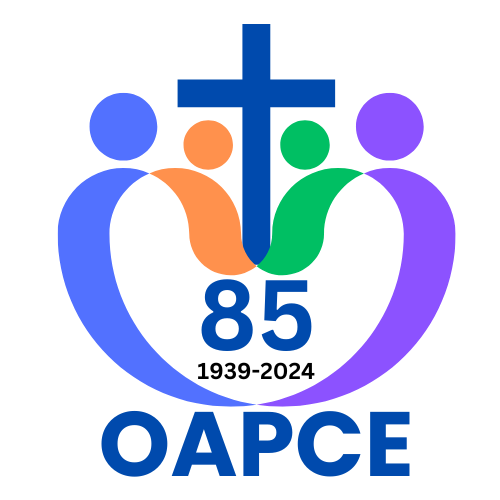Parent engagement has faced its fair share of challenges over the years. Many parents have felt disconnected from the school community, lacking opportunities to voice their concerns both at the local and board level, and to contribute actively to decision-making processes. During the pandemic so much of what had been part of school life shut down.
And many parents spoke of not feeling an open welcome as schools reopened. Post-pandemic, parents are once again finding their voice. Now, they seem to be regaining their footing in the life of the school. It has been a challenge, but thankfully there is a shift happening with parents being re-engaged and recognized as key stakeholders in their children’s education. The Ontario Association of Parents in Catholic Education, as the voice of parents in Catholic education, is actively bridging the gap between parents, school leaders and educators, empowering parents to lead and advocate for their children’s education “In a world where education is constantly evolving to meet the needs of a technologically advancing society, parents have a vital role to play in this process. As we celebrate the 85th anniversary of the Ontario Association of Parents in Catholic Education (OAPCE), we recognize the importance of parent leadership in shaping the entire education landscape in Ontario,” reiterates Annalisa Crudo-Perri, Co-Executive Director, OAPCE. “These are challenging times in Catholic education; it is crucial for parents to be involved and take on leadership roles to ensure their child receives an education through a Catholic perspective, an education that reflects their values and beliefs.”
Education is not just the responsibility of boards, schools and administrators; it is a partnership between parents and educators. When parents take on leadership roles and work alongside schools and educators, the school community thrives. The benefits of parent leadership are numerous. It improves parent engagement and involvement in the school community. Parents who become more invested in their child’s education feel a stronger sense of belonging in the school’s success, resulting in improved communication and collaboration among all stakeholders. An inclusive and supportive learning environment can be created through the active participation of parent leaders.
By contributing these unique perspectives, experiences and skills, parent leaders enrich the decision-making processes, ensuring that the education provided reflects the values and beliefs of Catholic families. Parent leaders have a deep understanding of their child’s strengths, needs and learning styles, which can build instructional strategies and interventions. Moreover, their diverse backgrounds and expertise contribute to the overall growth and richness of the school community. When parents feel valued and included, they are more likely to actively contribute their time and skills to support the school’s initiatives, which fosters a sense of community and belonging within the school environment. Volunteering in the classroom, organizing community events and supporting field trips are just a few examples of parent involvement that can strengthen the school community. Inherently, many parents are engaged early on at the elementary school level. However, as children transition into high school, for many parents that parent engagement seems to stop.
“Continuing to be involved, whether to attend the parent council meetings or involve themselves with larger coordinated support initiatives in high school, is an invaluable ingredient to our children’s school successes,” states Joe Perri, Co-Executive Director, OAPCE, and one of the speaking hosts of the Beyond-U presentation “Home, School & Beyond.” Parents have the power to inspire their children and those around them. By working together, parents, school leaders and teacher leaders can create a supportive network that benefits everyone involved, especially in our children’s transformative teenage years. The current challenges in Catholic education demand active parent leadership. Amidst the ongoing concerns of vast changes to the cultures of schools and in the classrooms, the need to uphold Catholic values is imperative. Parents have a unique role to play in preserving and enhancing Catholic education. As the primary educators of their children, parents can advocate for policies and programs that align with Catholic teachings. They can collaborate with school leaders and educational leaders to create a school environment that fosters Catholic.


